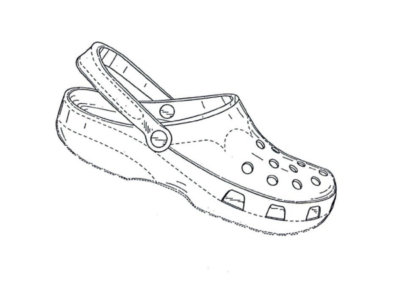A few days before the start of the sunrise period1 and the start of preparations for the Unified Patent Court (UPC), it seemed important to us to review the counterpart of the Unified Patent Court (UPC) which is the unitary patent.
From its implementation, on June 1, 2023, in the event of the grant of a European patent, you will have the possibility of requesting unitary effect from the European Patent Office (EPO). This request will allow to validate the European patent in one go in 17 countries of the European Union (EU). In addition to the filing of this request, this simplified procedure only requires the provision of a translation of the patent in English2. This avoids formalities with the Offices of each of these 17 countries and the related obligation to provide translations. This unitary patent is also associated with a centralized and simplified management system, since its federal register is managed by the EPO. License and assignment registrations are therefore made easier as it will no longer be necessary to file them with each of the national Offices.
At first glance, this simplification of the validation and management procedure for these 17 EU countries is advantageous. But it has some disadvantages that as counsels, we must point out.
- The first one is directly related to Brexit: as the United Kingdom is no longer a member of the EU, in the event that you wish to protect the invention there, it will still be necessary to carry out the traditional validation procedures with the UK IP Office.
- The unitary patent is by definition “unitary”. Thus, in the event that a nullity procedure would prosper with the UPC, the unitary patent would be revoked in all of the 17 countries it covers.
- Similarly, with the unitary patent, the flexibility of being able to abandon certain national parts in favor of other more strategic ones in order to reduce the costs of maintaining the European patent is lost.
- The costs of maintaining a unitary patent are relatively high and are equivalent to the costs of maintaining three to five national parts of a European patent. Therefore, if you are interested in protecting the invention in only three of the countries covered by the unitary effect, the unitary patent may not be the best choice.
Thus, if the implementation of the unitary patent is a good thing, since the unitary effect offers a possibility of simplified validation in 17 EU countries, its choice must be considered and meet the expected exploitation of the invention. Of course, the entire Brandon IP team is available to help with the protection strategy.

1. the 3-month period allowing to prepare to the implementation of the UPC will start on 1st March 2023.
2. in the event the EP application was filed in French or German. If the EP application was filed in English, the translation is in any of the EU languages.




